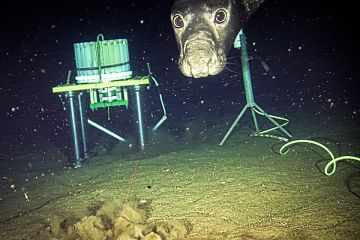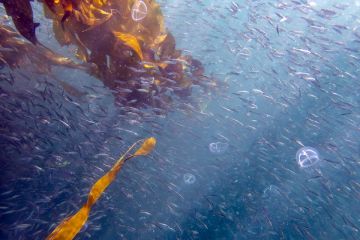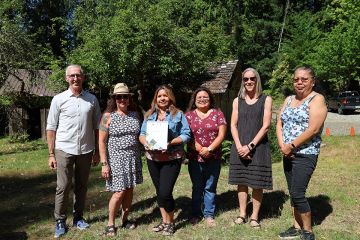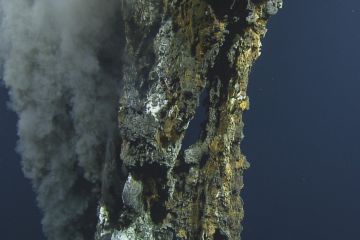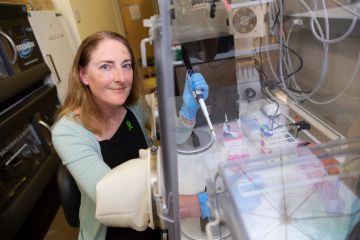
Research reveals reality of Ice Age teen puberty
Landmark new research shows Ice Age teens from 25,000 years ago went through similar puberty stages as modern-day adolescents. In a study published today in the Journal of Human Evolution of the timing of puberty in Pleistocene teens, researchers are addressing a knowledge gap about how early humans grew up.


